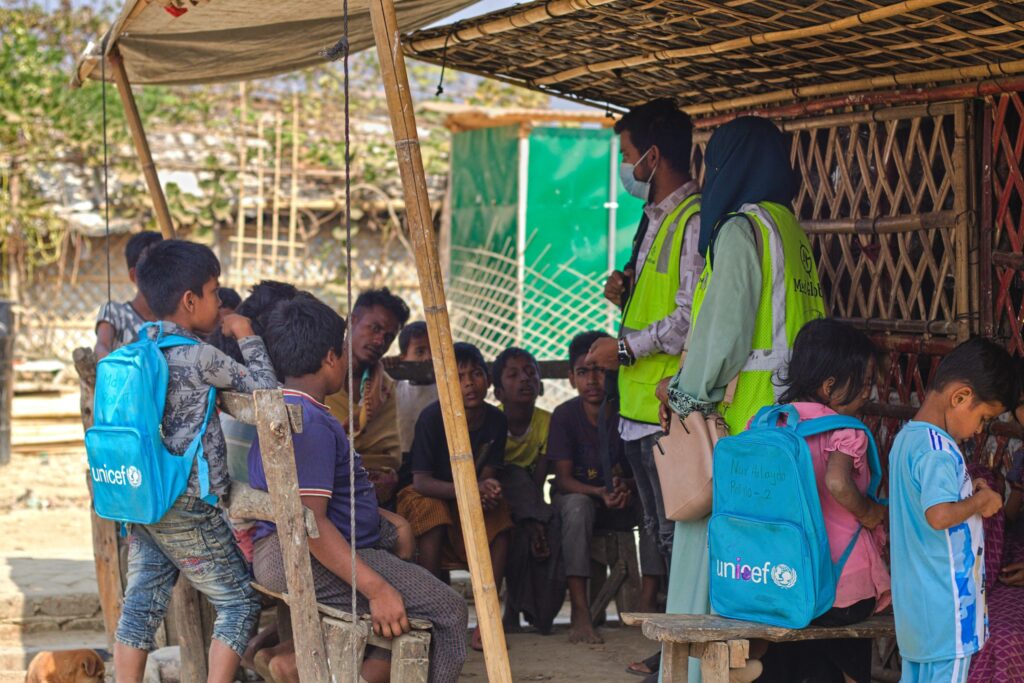Updates & Press
Blog | January 26, 2023
Serving Rohingya Adolescents to Improve Reproducti
Author | MedGlobalComms

[vc_row][vc_column][vc_column_text]Rohingya adolescents and youths make up a significant portion of the refugee population in Cox’s Bazar. It is essential to address adolescents’ health needs, particularly among the most vulnerable and disadvantaged communities.
This has been a priority for the World Health Organization in recent years as they provide youths with more options in humanitarian aid situations.
In any healthcare, the role of the healthcare worker is important. To address the specific needs of adolescents through equitable, appropriate, effective and accessible health care services, effective interventions for improving adolescent health and development are vital in the Rohingya camp.
In Cox’s Bazar, Rohingya camp is home to nearly 325,000 (FDMN) Rohingya adolescents. Sexual and reproductive health is of vital importance in addressing the full range of adolescents’ health and development needs.
Unintended pregnancy among teenagers in the camp is very common. Most Rohingya boys and girls do not know about the prevention of sexually transmitted diseases and safe contraception.
MedGlobal takes this issue very seriously. MedGlobal conducts awareness sessions weekly to expand the knowledge pertaining to adolescent health, development and their implications in clinical practice. MedGlobal believes this is going to advance and strengthen universal health coverage and resilience for Rohingya refugees and communities we serve as a whole.
In 2022 Medglobal provided health services to 2,157 adolescents in total, which are 51.3% female and 48.7% male at Camp 24, Leda, Teknaf, Cox’s Bazar.
MedGlobal provides a safe, adolescent-friendly environment to make it easier for adolescents to obtain the health services that they need to improve their health and well-being, including sexual and reproductive health services.
To help more Rohingya adolescents in the world’s largest refugee camp, we need your ongoing support to continue building and improving adolescents’ reproductive health and well-being.[/vc_column_text][/vc_column][/vc_row][vc_row][vc_column][vc_single_image image=”48671″ img_size=”large” alignment=”center”][/vc_column][/vc_row]


